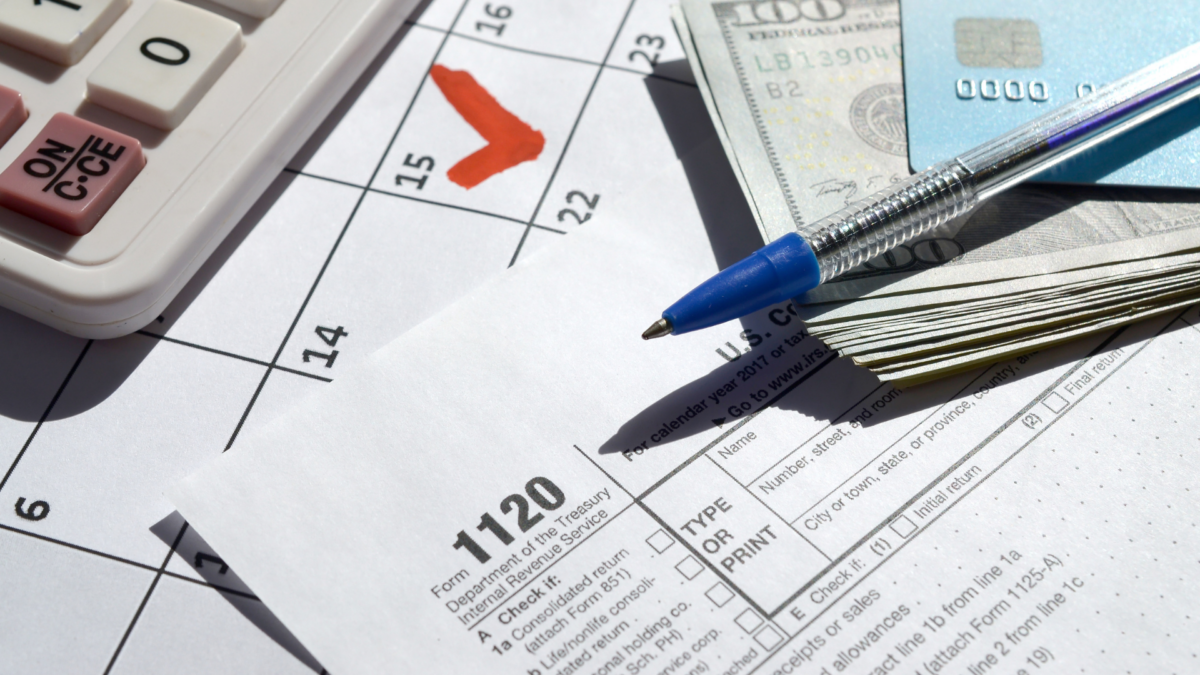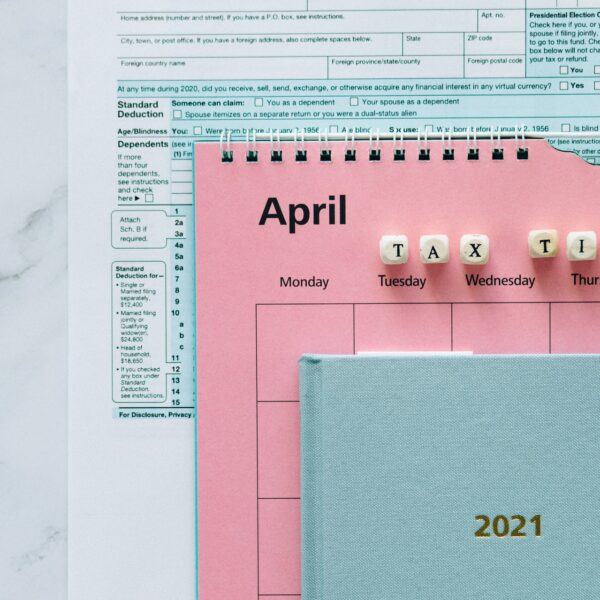Preparation is the Key
Alexander Graham Bell once said, “Before anything else, preparation is the key to success.” He had to be talking about tax returns because no truer statement has ever been said. The best way to set your business up for success when it comes to filing your business tax return, aside from hiring a knowledgeable tax expert, is to gather your documentation and keep it in a safe place so you can share it with your tax accountant when the time comes.
If you haven’t had the chance to stay on top of your toolbox of documents or you’re a new business and this is your first-ever tax return then you will find the following checklist of documents helpful in getting started.
10 Documents You Will Need to File a Business Tax Return
- Prior Year’s Tax Returns: While a prior year’s tax return only applies to established businesses this is helpful for your accountant if you have switched firms or were filing on your own previously. This will allow your accountant to ensure you gather the same documents as prior years and to double-check if any credits or deductions were missed.
- Organizational Documents: Your tax obligations change depending on your business’s entity type. And for startups filing their first return, the date on your organizational documents will inform when startup deductions can be claimed.
- Year-End Profit & Loss Statements: Since your year-end P&L statement focuses on your company’s revenues and expenses over the last year, it will provide your tax accountant with a formal record of your business’s financial activities to ensure the accuracy of your taxes.
- Last Two Year’s Balance Sheets: Your balance sheet will show your company’s assets and liabilities, as well as the owner’s equity for the last year. It’s helpful to include the year before too, for comparison purposes.
- CAP Table: Provide your EIN number and addresses for all owners and any information regarding changes in ownership that occurred the past year.
- Fixed Asset List: A list of your fixed assets and details regarding any asset acquisitions and/or disposals during the year will allow your tax accountant to determine if you have any capital gains or losses and how to account for them in filing a business tax return.
- Book & Tax Depreciation Schedules: Since your depreciation schedules can play a role in tax deductions you can take, it’s important to provide them for the preparation of your tax return.
- Loan Statements: Your tax accountant will need to see your loan statements to view their balances at year-end. When it comes to your tax return, loans are not considered taxable income, and when they are repaid the principal payments can’t be deducted.
- By State Details: If your business operates in more than one state, your tax accountant will need by state detail of sales, payroll, and property to determine how the tax regulations of each state will be applied; as well as, which state return filings are required and how to apportion income.
- Insurance & Benefits: Any insurance you have for yourself, partners, and employees will need to be shared, to calculate any potential credits you are eligible to receive and to determine potential non-deductible expenses.
These 10 documents are definitely going to be a priority when preparing to file your business tax return, but they are by no means the only documentation you should expect to gather. Additional documents will likely include, receipts for office supplies, travel expenses, details regarding meals and entertainment, any employee gifts, any charitable contributions made, partnership documentation, vehicle usage and so much more. Your full list of documents will be unique to your business, but your tax preparer will be able to guide you.
Filing an Amended Tax Return
What happens if you miss a document or you find a box of receipts you forgot you had saved? You can always partner with your tax preparer to file an amended return using an entity-specific tax form to correct any errors.
Tax Forms You Can Expect to File
If you’re wondering why keeping track of your documentation is so important, one way to rationalize this is to remember that there are quite a few tax forms that will need to be filled out to properly file your federal and state taxes. Depending on your entity these forms can change, but they will most likely include some of the following:
Federal and State Tax Forms
- Form 1040 or 1040-SR Schedule C: Profit or Loss From Business (Sole Proprietorship)
- Form 1065: U.S. Return of Partnership Income
- Form 1120: U.S. Corporation Income Tax Return
- Form 1120-S: U.S. Income Tax Return for an S Corporation
- Form 4562: Depreciation and Amortization
- Form 8829: Expenses for Business Use of Your Home
- Form 1045: Application for Tentative Refund
- Form 2553: Election By a Small Business Corporation
- Form 2848: Power of Attorney and Declaration of Representative
- Form 6252: Installment Sale Income
- Form 8822-B: Change of Address
- Form 8903: Domestic Production Activities Deduction
- State Tax Forms
This long list of forms doesn’t include any specialized forms for specific business activities or any of the various employee benefits forms. With all of these forms in mind, it definitely makes more sense why your tax preparer requires so much information to begin the tax preparation process. AND why using an expert tax accountant is the best route to take.
Tax Returns are Hard Work
Keeping good records all year long and compiling the necessary information ahead of time to file your small business taxes is a great way to avoid some of the headaches associated with tax season so you can stay clear-minded as the leader of your business.
As a business owner, we already know you don’t shy away from hard work! But we also know your schedule is filled to the brim with operating your business, implementing your strategic vision, and maybe even a 20-minute lunch break (we hope!). On top of your full schedule, trying to determine your tax liability and filing requirements is basically another full-time job, and we don’t want you to deal with the stress of that especially when filing a business tax return can greatly impact your cash flow.
To get the most out of your time, check out our guide to Preparing Business Tax Returns That Avoid IRS Scrutiny and Audit Red Flags.

About Bert Wilson
Other Tax Resources

What Are the Tax Implications of a C-Corp vs. an S-Corp?
As you’ll probably already know, business are built on a host of decisions, big and small. One such decision is the type of entity you

Preparing Business Tax Returns That Avoid IRS Scrutiny and Audit Red Flags
The recently passed Inflation Reduction Act provides an additional $80 billion in funding for the US Internal Revenue Service (IRS) over the next decade, expected

Help! What to Do When You Need to Change Accounting Partners During Tax Season
When a tax filing deadline is looming for your business, it would seem the worst possible time to think about changing accounting partners, right? Maybe

Why You Should Hire a Tax Professional for Your Tax Return
To DIY, Tax Prep Software or Hire an Accountant? When it comes to completing your business’s tax return, it would seem there are endless options
